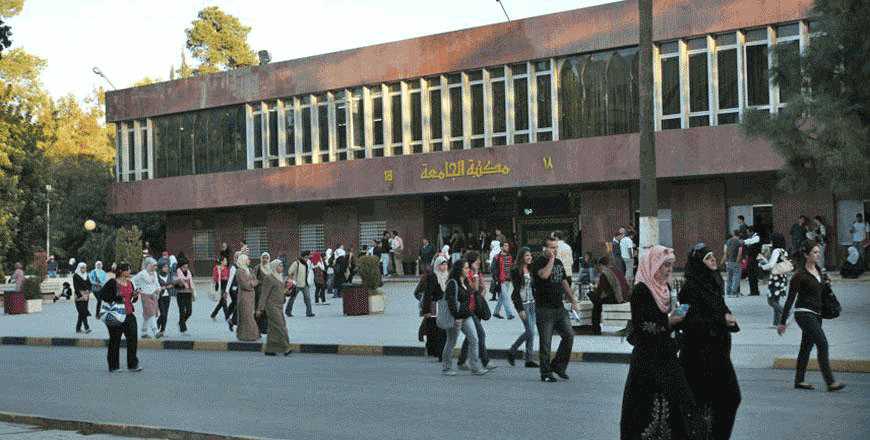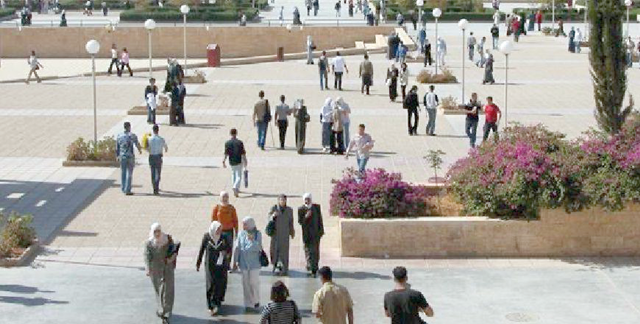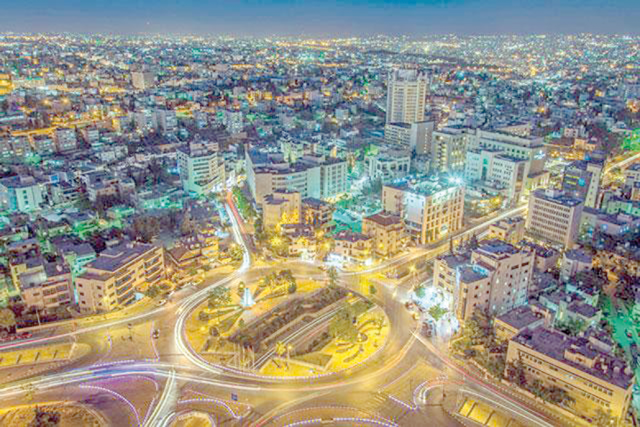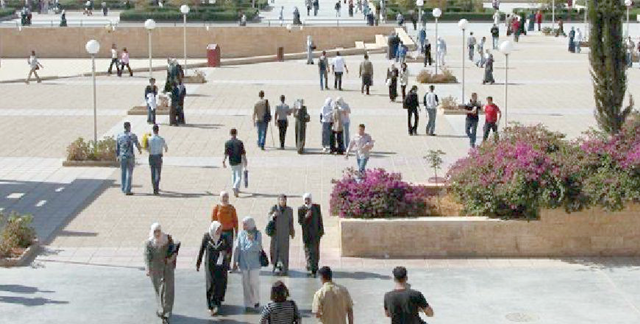You are here
Jordan’s female labour force participation rate stands at 14.3% — report
By Mays Ibrahim Mustafa - Dec 10,2022 - Last updated at Dec 10,2022

The Workers’ House report, focused on labour rights, said that the unemployment rate in Jordan, which increased from 19.1 per cent in 2019 to 22.6 per cent in the second quarter of 2022, is 29.4 per cent among females and 20.7 per cent among males (File photo)
AMMAN — The economic participation rate among Jordan’s population aged 15 and older is 33.5 per cent, and the Kingdom’s female labour force participation rate is 14.3 per cent, while that of males is 53 per cent, said a report by the Workers’ House, a local NGO concerned with labour affairs.
The report was issued on the occasion of Human Rights Day, which is observed every year on December 10. The theme in 2022, which also marks the 75th anniversary for the adoption of the Universal Declaration of Human Rights, is “Dignity, Freedom, and Justice for All”.
The Workers’ House report, focused on labour rights, said that the unemployment rate in Jordan, which increased from 19.1 per cent in 2019 to 22.6 per cent in the second quarter of 2022, is 29.4 per cent among females and 20.7 per cent among males.
Only 26 per cent or around 1,377,905 of the working age population in Jordan are employed, 81.9 per cent of whom are males and 18.1 per cent are females, the report added.
Informal workers, which make up 4 per cent of the total labour force, suffer from the absence of legal, economic and social protection in addition to difficult work conditions and violations of labour standards, it continued.
Indicators show that this category has expanded at the expense of organised labour following the outbreak of the COVID-19 pandemic, which cost roughly 200,000 employees in Jordan their jobs during the years 2020 and 2021 and increased the number of working children from 76,000 to 100,000, according to the report.
It also pointed out that 37.3 per cent of Jordanians and 63.6 per cent per of non-Jordanians work over 49 hours per week, which exceeds the legal working time.
Its recommendations included strengthening social safety nets, extending the health insurance coverage, reducing the rate for social security subscriptions, exempting basic commodities from taxes and supporting the sustainability of small and medium businesses. It also stressed the importance of developing vocational training programmes and ensuring that education outcomes meet the needs of the labour market.
The report also stressed the importance of enhancing Jordan’s infrastructure, applying international labour standards related to women’s work, expanding their career options, equipping them with the necessary skills and training and raising awareness of women’s labour rights and gender equality rules in the workplace.
Economic expert Mohammad Al Basheer noted that while the issue of unemployment is not gender-neutral, women are disproportionately affected by it.
They also often earn less than their male counterparts, even in female-dominated sectors such as education and they are more vulnerable to labour violations, he told The Jordan Times.
Basheer noted investments in the Kingdom’s social infrastructure, such as nurseries and transportation services, are “key” to an inclusive economic participation.
“Jordan’s infrastructure primarily includes education, transportation and health sectors, which are allocated very humble budgets, considering their importance and relevance to achieving an economic growth,” he said.
The issue of unemployment can’t be addressed without increasing the economy’s growth rate, which requires bold political and structural reforms, according to Basheer.
This requires reducing production costs for manufactured goods and provided services, including the sales tax, energy costs and social security contribution rates, which can in turn support the sustainability of emerging companies and startups that are creating job opportunities, he said.
Moreover, investing in the industrial and agricultural sectors, which currently “contribute to a very humble percentage of the gross domestic product”, is key to the development of any economy and is “bound to improve the service sector, which includes banks, hotels, real estate, education, heath, electricity, gas and water supply, among others,” he added.
Related Articles
AMMAN — Reducing the unemployment rate in Jordan demands“fundamental” fiscal reforms, such as reviewing capital expenditure, increasing wage
AMMAN — An intergovernmental commitment to the executive plan for the Economic Modernisation Vision (2023-2025) that translates into tangibl
AMMAN — Jordan's unemployment rate went down by 0.4 per cent in the last quarter of 2022 compared with the same period in 2021, reaching 22.














